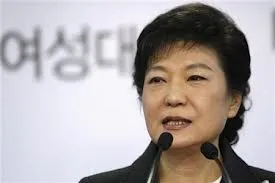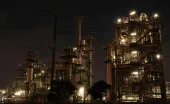
After 30 years, Korea allows private coal power plant construction
Private companies were allowed by the South Korean government to build eight coal-fired power plants.
The companies, including Samsung C&T, Tongyang Power Co., SK Engineering & Construction Co. and a Dongbu Group unit, will build the plants with a combined capacity of 8,000 megawatts by 2027.
The approval is the first time in three decades that private operators have been given the nod to build coal-fired plants and is part of a road map outlining energy investments for the next 15 years, according to the Ministry of Knowledge Economy.
The government wants to spread investment among state and private power generators.
The road map will be updated in the first half of the year to reflect President-elect Park Geun Hye’s nuclear power policies.
Park takes office Feb. 25, having pledged to focus on nuclear safety. The 2010 energy plan called for the nation to generate 49 percent of its electricity output from reactors in 2024, compared with 33 percent in 2011.
South Korea, which relies on imported oil for all its supplies, has been trying to cut reliance on crude and diversify energy sources to include renewables and other clean energies.
The plan aims to develop power generation capacity by 2027 that will exceed demand by 22 percent. State generators will add 2,740 megawatts of coal-fired plants. Private and state generators, including SK E&S Co.
and Daewoo Engineering & Construction Co., will also construct six more liquefied natural gas-fired power plants with combined capacity of 5,060 megawatts.
South Korea aims to have enough renewable energy facilities to generate 32,020 megawatts, or 20 percent of overall power generation, by 2027. That’s an increase from the 11.4 percent target set in 2010 when the government mapped out its last energy-supply plan, according to the statement.
Renewable-energy sources will account for 12 percent of power supply by 2027, up from the 7 percent target set in 2010, the ministry said today.
For more.



















 Advertise
Advertise







